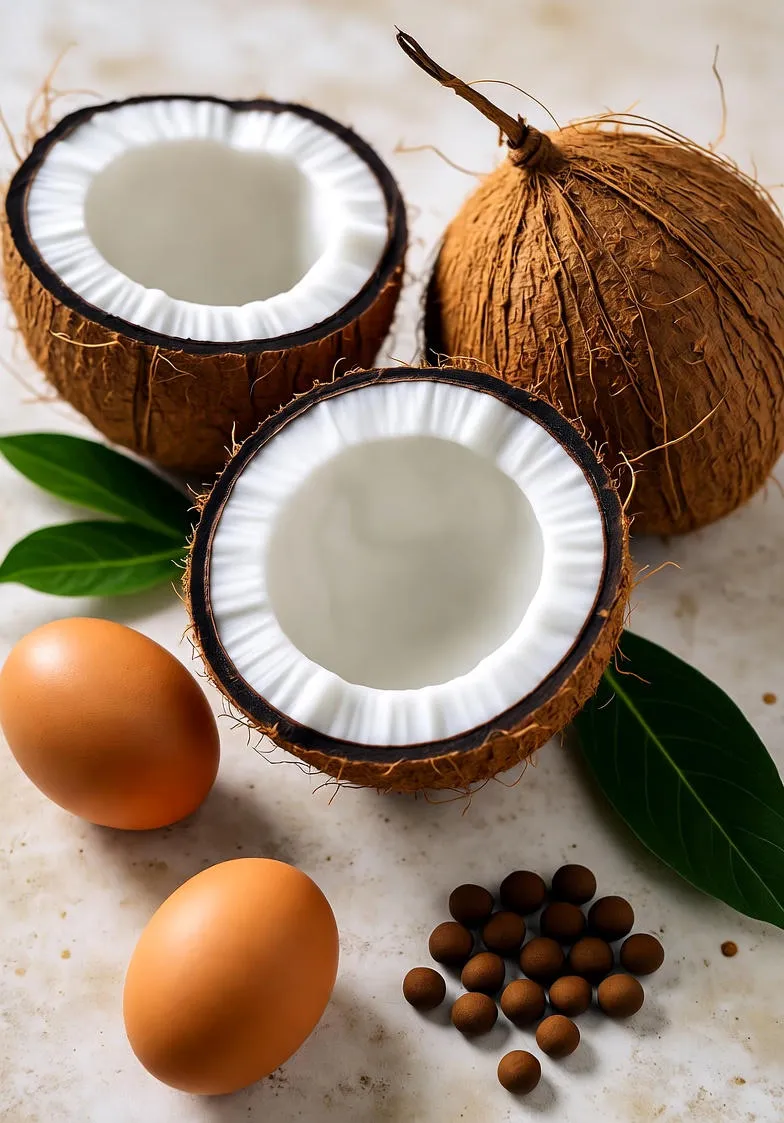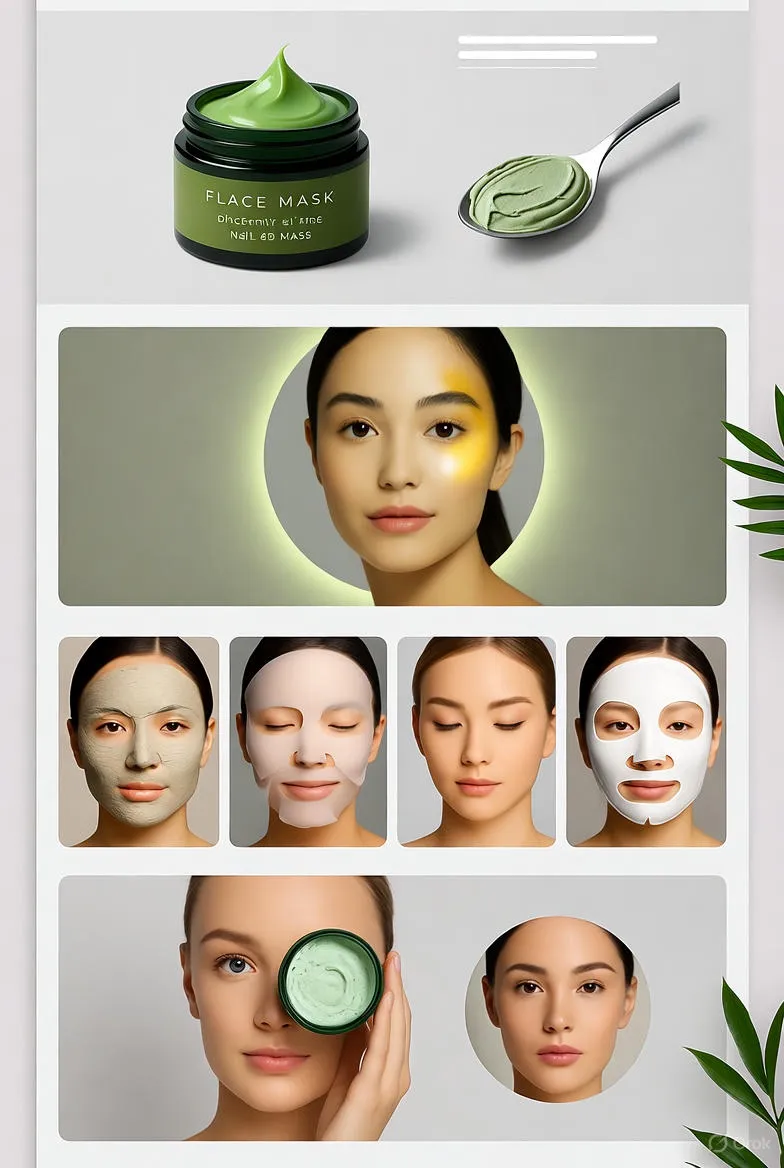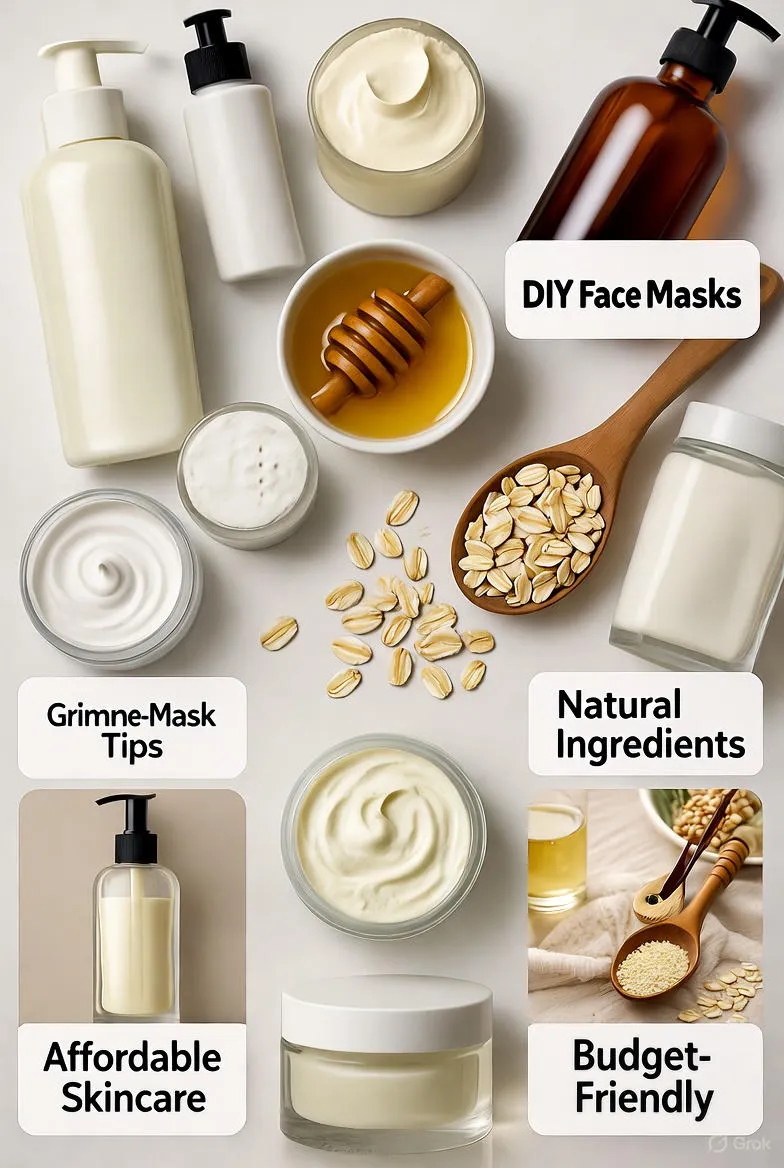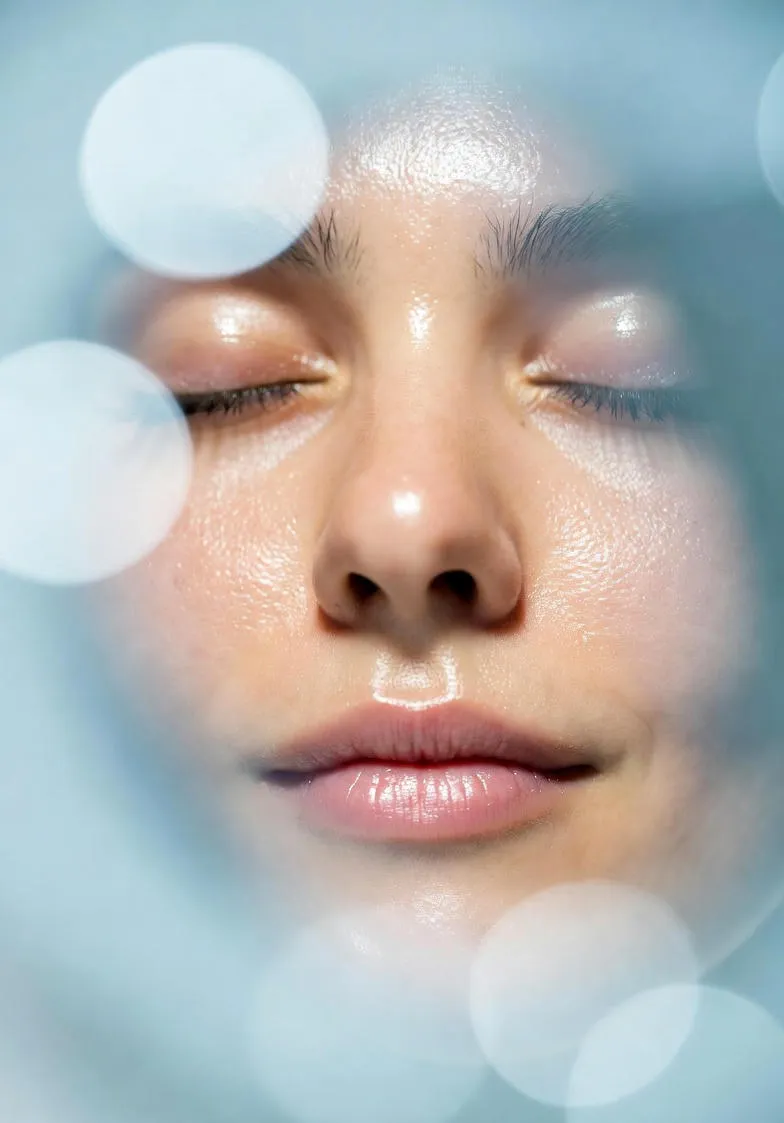Ultimate Hydrating Coconut Face Masks: Tropical Skin Savior Recipes and Tips
Discover DIY hydrating coconut face masks perfect for tropical climates. Recipes, benefits, and tips to combat humidity and sun damage for glowing, moisturized skin.

Introduction to Tropical Skincare Challenges
Living in the tropics means embracing a lifestyle filled with sun-soaked beaches, lush rainforests, and that ever-present humidity. But while the environment is paradise for vacationers, it can be a nightmare for your skin. High temperatures, relentless UV exposure, and sticky air often lead to dehydrated, oily, or irritated complexions. Enter hydrating coconut face masks—nature's answer to these woes. Derived from the versatile coconut, these masks offer deep moisture without greasiness, making them ideal for tropical dwellers who need lightweight yet effective hydration.
Coconut, with its rich lauric acid content and natural emollients, penetrates the skin barrier to lock in moisture while fighting off environmental aggressors. In this comprehensive guide, we'll explore why coconut is a tropical staple, share DIY recipes tailored for humid climates, and provide pro tips to incorporate these masks into your routine. Whether you're battling frizzy hair or flaky skin, these masks will restore your glow.
Why Coconut Excels in Tropical Hydration
The coconut palm, often called the 'tree of life' in tropical regions, isn't just for piña coladas. Its water, oil, and flesh are packed with electrolytes, vitamins, and fatty acids that mimic the skin's natural oils. In humid tropics, where sweat and pollution clog pores, coconut's antimicrobial properties prevent breakouts while its medium-chain triglycerides provide instant hydration.
Studies highlight coconut's efficacy: its antioxidants combat free radicals from intense sun exposure, reducing premature aging. For tropical skins prone to oiliness, coconut balances sebum production, preventing that shiny T-zone without stripping natural oils. Plus, it's sustainable—sourced abundantly in regions like Southeast Asia and the Pacific Islands, supporting local economies.
Key Benefits for Tropical Skin Types
- Deep Hydration: Absorbs quickly, ideal for muggy days when heavy creams feel suffocating.
- Anti-Inflammatory: Soothes sun-induced redness and insect bites common in tropical outdoors.
- Natural Exfoliation: Gentle on sensitive skin, removing dead cells without irritation.
- Barrier Protection: Strengthens the skin's mantle against humidity-induced dehydration.
Incorporating coconut into face masks isn't new; ancient Hawaiian and Polynesian cultures used it for radiant skin rituals. Today, it's a clean beauty favorite, free from synthetic additives that can exacerbate tropical sensitivities.
Essential Ingredients to Pair with Coconut
To supercharge your coconut masks, blend in complementary tropical ingredients. Honey, abundant in island hives, acts as a humectant drawing moisture from the air—perfect for humid zones. Aloe vera, straight from the plant, cools and calms post-sun exposure. Yogurt's lactic acid gently exfoliates, while banana adds potassium for firmness.
Avoid heavy additions like nut butters, which can feel occlusive in heat. Opt for fresh, local produce to ensure potency and minimize preservatives. Always patch-test new combos, as tropical skins can react unpredictably to allergens like pollen.
DIY Hydrating Coconut Face Mask Recipes
Ready to get hands-on? These recipes use pantry staples, taking under 15 minutes to prep. Apply to clean skin, leave on for 10-20 minutes, then rinse with lukewarm water. Use 2-3 times weekly for best results.
Recipe 1: Classic Coconut Yogurt Glow Mask
This beginner-friendly mask hydrates and brightens, countering dullness from urban tropical pollution.
- Blend 2 tablespoons coconut milk with 1 tablespoon plain yogurt.
- Mix in 1 teaspoon honey for stickiness.
- Optional: Add a pinch of turmeric for anti-inflammatory glow (rinse thoroughly to avoid staining).
Pat onto face and neck, relaxing with a cool cloth over eyes. Feel the creamy texture melt in, leaving skin plump and dewy.
Recipe 2: Tropical Aloe-Coconut Soother
Post-beach essential, this calms sunburn and locks in hydration against salty sea air.
- Scoop flesh from ½ fresh coconut or use 2 tablespoons coconut oil (virgin, unrefined).
- Combine with 2 tablespoons fresh aloe vera gel.
- Stir in a few drops of lime juice for vitamin C boost—but sparingly, as citrus can photosensitize.
Massage gently; the cooling effect is immediate, reducing puffiness from heat.
Recipe 3: Banana-Coconut Firming Mask
For mature tropical skins facing early lines from sun damage, this nourishes and tightens.
- Mash ½ ripe banana with 1 tablespoon coconut cream.
- Incorporate 1 teaspoon oatmeal for mild exfoliation.
- Let sit for 5 minutes to thicken before applying.
The potassium-vitamin E duo from banana and coconut plumps fine lines, enhancing elasticity.
Recipe 4: Exfoliating Coconut Sugar Scrub-Mask Hybrid
Gentle enough for weekly use, this removes buildup from humid sweat without harsh beads.
- Mix 1 tablespoon finely ground coconut flakes with 1 tablespoon brown sugar.
- Bind with 1 tablespoon coconut water.
- Add a dash of vanilla extract for scent therapy.
Scrub lightly in circles, then leave as a mask. Rinse to reveal smoother texture.
Recipe 5: Overnight Coconut Honey Lock-In
For severe dryness in air-conditioned tropical homes, apply thinly before bed.
- Warm 1 tablespoon coconut oil slightly.
- Whisk with 1 tablespoon raw honey.
- Dab on, pillow-protect with a towel.
Wake to baby-soft skin; the slow absorption maximizes overnight repair.
Tips for Maximizing Efficacy in Tropical Climates
Timing is key: Evening applications avoid sun interaction, letting masks work while you sleep. Store pre-mixed batches in the fridge for up to 3 days—the chill enhances application in heat. Follow with a lightweight, non-comedogenic moisturizer like aloe-based lotions to seal benefits.
Customize for skin type: Oily? Use coconut water base. Dry? Opt for oil-rich versions. Sensitive? Skip exfoliants. Track progress with a journal; note humidity levels, as they affect absorption.
Sustainability matters: Source organic coconuts to reduce pesticide exposure, common in monocrop farms. Repurpose shells for eco-scrubs, embracing zero-waste tropical living.
Common Mistakes to Avoid
- Over-application: A thin layer suffices; thick goops clog pores in humidity.
- Ignoring Shelf Life: Fresh is best—discard if fermented smell develops.
- No Sun Protection: Masks hydrate, but always layer SPF 30+ daily.
- Mixing with Actives: Delay retinol or acids on mask days to prevent irritation.
Science-Backed Results and User Testimonials
Emerging research from dermatology journals supports coconut's role in tropical dermatology. A study in the Journal of Cosmetic Dermatology found virgin coconut oil improved hydration by 25% in high-humidity subjects after four weeks. Users in forums like Reddit's r/SkincareAddiction rave: 'As a Bali expat, this mask saved my flaky cheeks during monsoon season!'
Another from a Manila blogger: 'Coconut masks turned my oily-dehydrated combo skin into balanced bliss. No more midday shine!' These anecdotes underscore real-world efficacy.
Integrating into a Holistic Tropical Routine
Pair masks with gentle cleansing using ceramide soaps, avoiding sulfates that strip moisture. Hydrate internally: Coconut water smoothies provide systemic support. Exercise mindfully—post-yoga masks amplify relaxation.
For families, kid-friendly versions omit essentials oils. Men, too, benefit; coconut's subtle scent suits all genders in casual tropical vibes.
Conclusion: Embrace the Coconut Glow
Hydrating coconut face masks aren't just treatments; they're a celebration of tropical resilience. By harnessing this island powerhouse, you combat climate challenges with simplicity and joy. Start with one recipe this week—your skin will thank you with that enviable, sun-kissed radiance. In the heart of the tropics, where nature provides abundantly, let coconut be your skincare ally for hydrated, happy skin year-round.
(Word count: 1,248)


